Why We Still Quote 80s & 90s Movies (Without Realizing It)
There you are, standing in line at the coffee shop. The barista mishears someone’s name for the third time in a row and you mutter, "Bueller? ... Bueller?" under your breath. You’re not trying to be clever. You’re not even consciously referencing Ferris Bueller’s Day Off. It just comes out. Like a pop culture Tourette's, only with less social fallout.
Welcome to the world of involuntary retro quoting, a phenomenon that afflicts millions of Gen Xers and elder Millennials daily. From the water cooler to the group chat, we are sprinkling lines from the 80s and 90s into everyday conversation with zero awareness. It's like muscle memory, but for your mouth.
So why do we do it? Why are we hardwired to echo lines from The Princess Bride, Clueless, or Wayne’s World when modern options exist? Let’s explore why these decades hijacked our dialogue, turned our vocabularies into VHS mixtapes, and made movie quotes part of our DNA.
The 80s & 90s Were a Golden Age of Quip-Driven Dialogue
Screenwriters in the 80s and 90s were on a different level of zinger delivery. Characters didn’t just say things; they declared them with dramatic flair and perfect comedic timing. Arnold Schwarzenegger basically built an entire career on post-murder one-liners.
Consider:
"I’ll be back." —The Terminator
"Yippee-ki-yay, motherfucker." —Die Hard
"As if!" —Clueless
"Life moves pretty fast. If you don't stop and look around once in a while, you could miss it." —Ferris Bueller’s Day Off
These weren’t just catchy. They were weaponized phrases, meticulously constructed to be funny, dramatic, or memorable in three seconds or less. This was before memes, remember. A quote was the meme.
Repetition Burned Them Into Our Brains
Before streaming, on-demand, and algorithmic recommendations, we had something else: limited options. If you owned a VHS of The Goonies, you watched it a lot. If Wayne’s World came on cable, you didn't skip it. You sat down and quoted along.
And let’s not forget: we recorded movies off TV. Commercials and all. And we still watched them ten times. The repetition was involuntary conditioning. We didn’t just hear movie quotes. We lived them.
The result? You can recite entire scenes from The Breakfast Club or Coming to America without even trying. Your brain has a permanent section titled "Quotable Dialogues That Made Me Who I Am."
These Quotes Were a Social Currency
Remember sleepovers, locker chatter, and the back seat of the school bus? Quoting movies was how you bonded. If someone said, "Inconceivable!" and you followed up with, "You keep using that word. I do not think it means what you think it means," you were instantly best friends.
Movie quotes became shorthand for belonging. If you dropped a line from Ghostbusters and the other person lit up like a proton pack, you weren’t just talking. You were forming a tribe.
In an era without hashtags and profile bios, your favorite movie quote was your brand.
They’re Surprisingly Versatile (And Still Relevant)
Here’s the thing: a lot of these quotes are surprisingly useful in 2025.
Someone being dramatic? Say, “There’s no crying in baseball!”
Someone asks what you do: “I’m kind of a big deal.”
Your kid won’t listen? “You can’t handle the truth!”
Tired of someone’s excuses? “I find your lack of faith disturbing.”
These quotes aren’t dated. They’re timeless. They're little Swiss Army knives of cultural reference. A lot of them even outpunch modern dialogue, which is often trying so hard to be natural that it forgets to be quotable.
They're Baked Into the Culture… Even for People Who Haven’t Seen the Movies
You don’t have to have seen Scarface to understand “Say hello to my little friend.” That quote escaped the VHS case and roamed free like a lion on the Serengeti of pop culture.
In fact, some quotes have become so ubiquitous that people use them without knowing they’re quoting anything. It's cultural osmosis. You absorb it through years of references, parodies, and reruns.
It’s like quoting Shakespeare, but instead of "To be or not to be," it’s “I feel the need... the need for speed.”
Nostalgia Is a Hell of a Drug
Let’s be real. Quoting an 80s or 90s movie feels good. It triggers a warm memory. It takes you back to wood-paneled basements, pizza nights, or sneaking into the theater to see T2.
When you say, “Nobody puts Baby in a corner,” you're not just being cheeky. You're time-traveling. It's a shortcut to an era before smartphones, when movies felt like events and lines felt like spells you could cast on the world.
And with the ongoing revival of everything from Cobra Kai to Beetlejuice 2, quoting these movies isn't just nostalgia. It's currency again.
Quoting Is the Original Meme-ing
Before we had GIFs, we had one-liners. Dropping a quote was like sending a meme: instant humor, connection, and a splash of personality.
Someone says something dumb in a meeting? Boom: “What you just said is one of the most insanely idiotic things I have ever heard...” (Billy Madison)
Coworker brags too much? Drop a little, “You talking to me?” (Taxi Driver… okay fine, it’s ‘70s, but you know we said it in the 90s too.)
It's meme culture before meme culture. It’s no surprise Gen X and early Millennials took to memes like ducks to water. They’d been practicing for decades.
Hollywood Doesn’t Make ‘Em Like That Anymore
Not to sound like your uncle at Thanksgiving, but they really don’t make movies like they used to.
Today’s blockbusters are all cinematic universes and CGI set pieces. Dialogue often takes a backseat to spectacle. Even comedies are more improv-heavy, less structured around the line.
The 80s and 90s gave us dialogue written to stick. The writers knew you’d be quoting it at school the next day, and they wanted you to. You can feel that intentionality. That rhythm. That perfect setup and punchline.
You don’t just remember the line. You remember how it felt.
From VHS to Voice Boxes
Quoting movies from the 80s and 90s isn’t just a quirky habit. It’s a reflection of how deeply those decades shaped us. The movies weren’t just entertainment. They were formative experiences. They taught us timing, humor, attitude, even ethics. (Thank you, Karate Kid.)
And so we keep quoting. We quote to connect. We quote to cope. We quote because our inner child is still sitting on the floor, watching The NeverEnding Story, and waiting for Atreyu to save the day.
So the next time someone says, “You’re killin’ me, Smalls,” don’t roll your eyes. Smile. Because somewhere, a VHS tape is rewinding. And everything is right with the world.

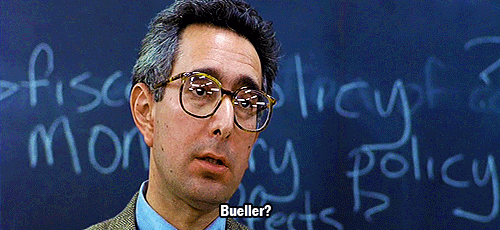
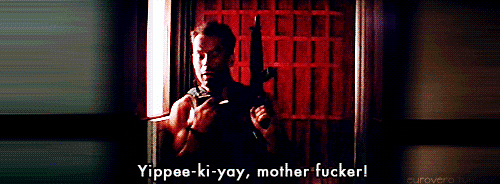
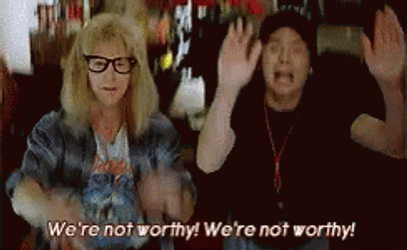
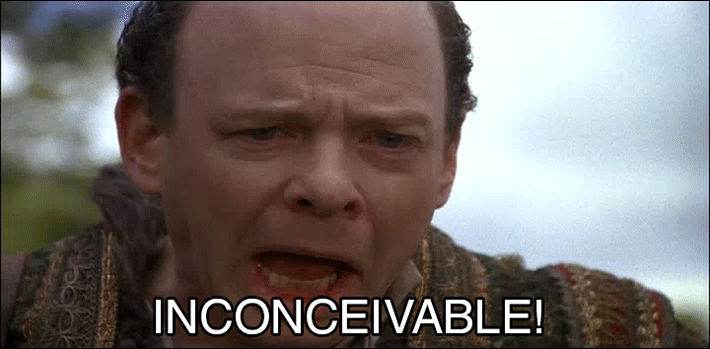
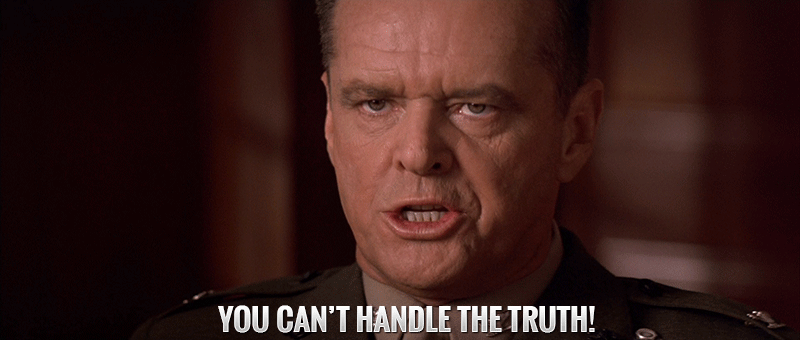
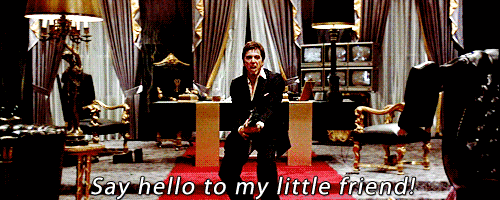
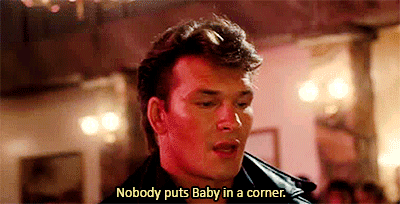
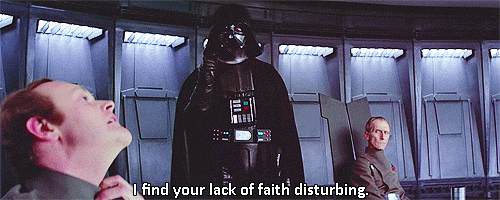
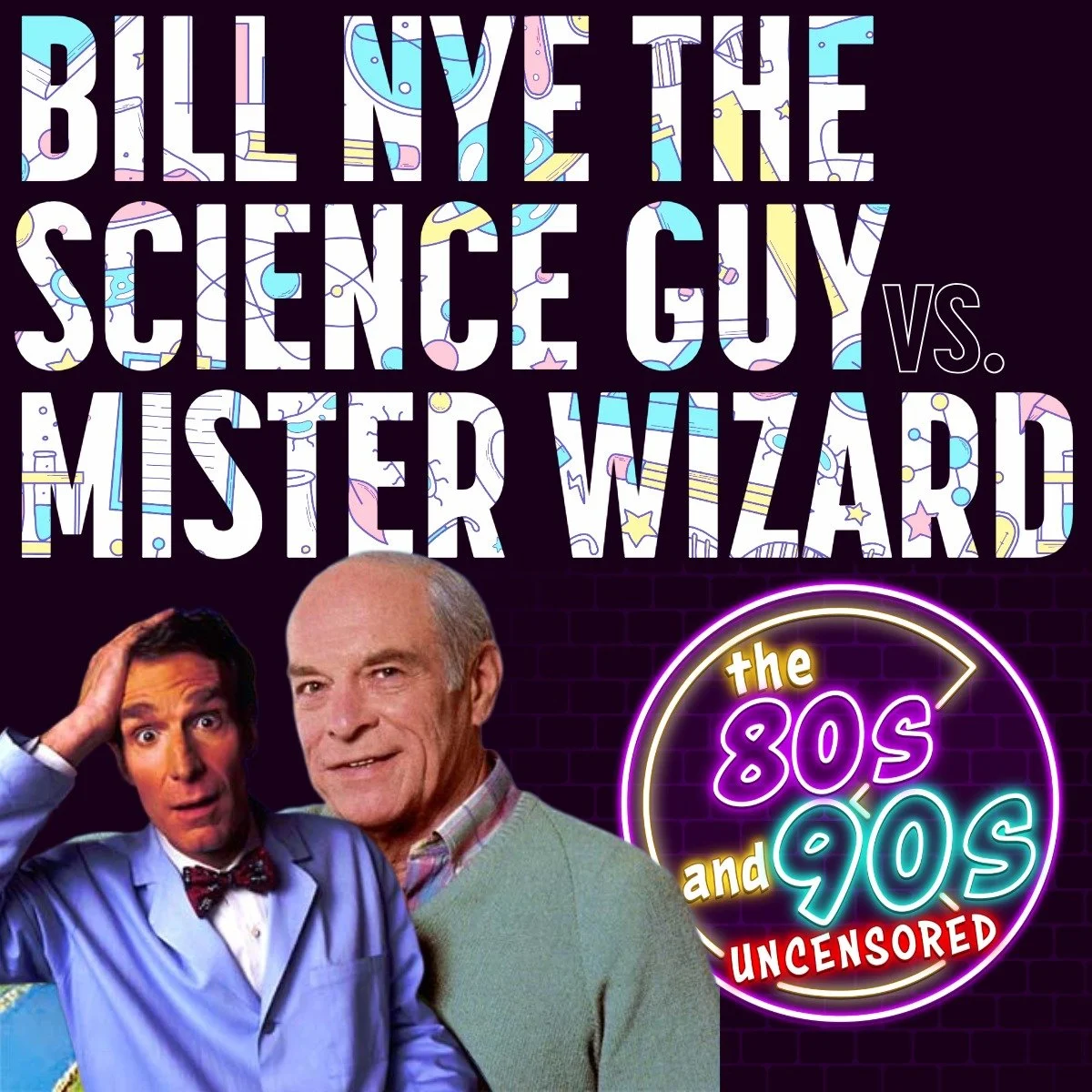
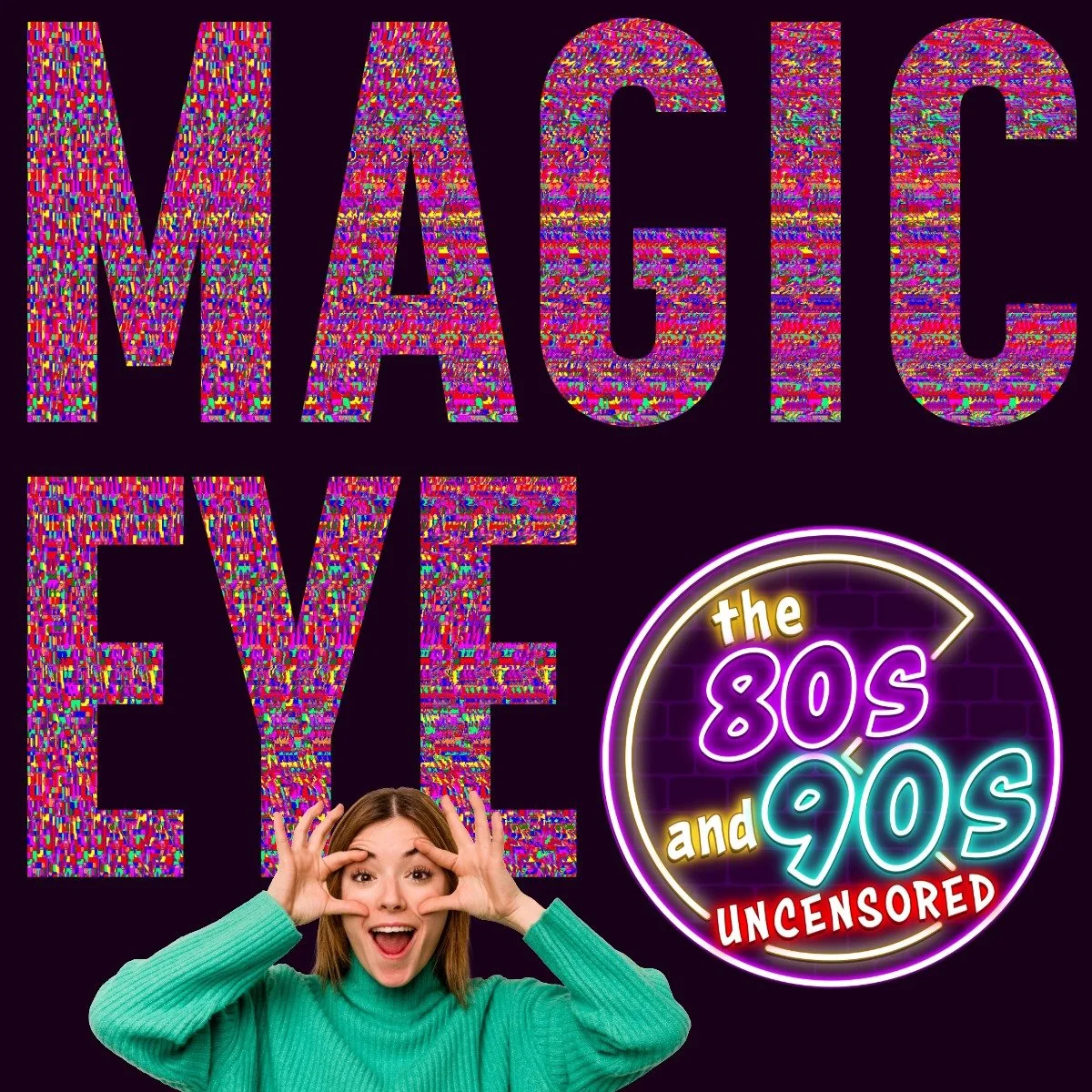
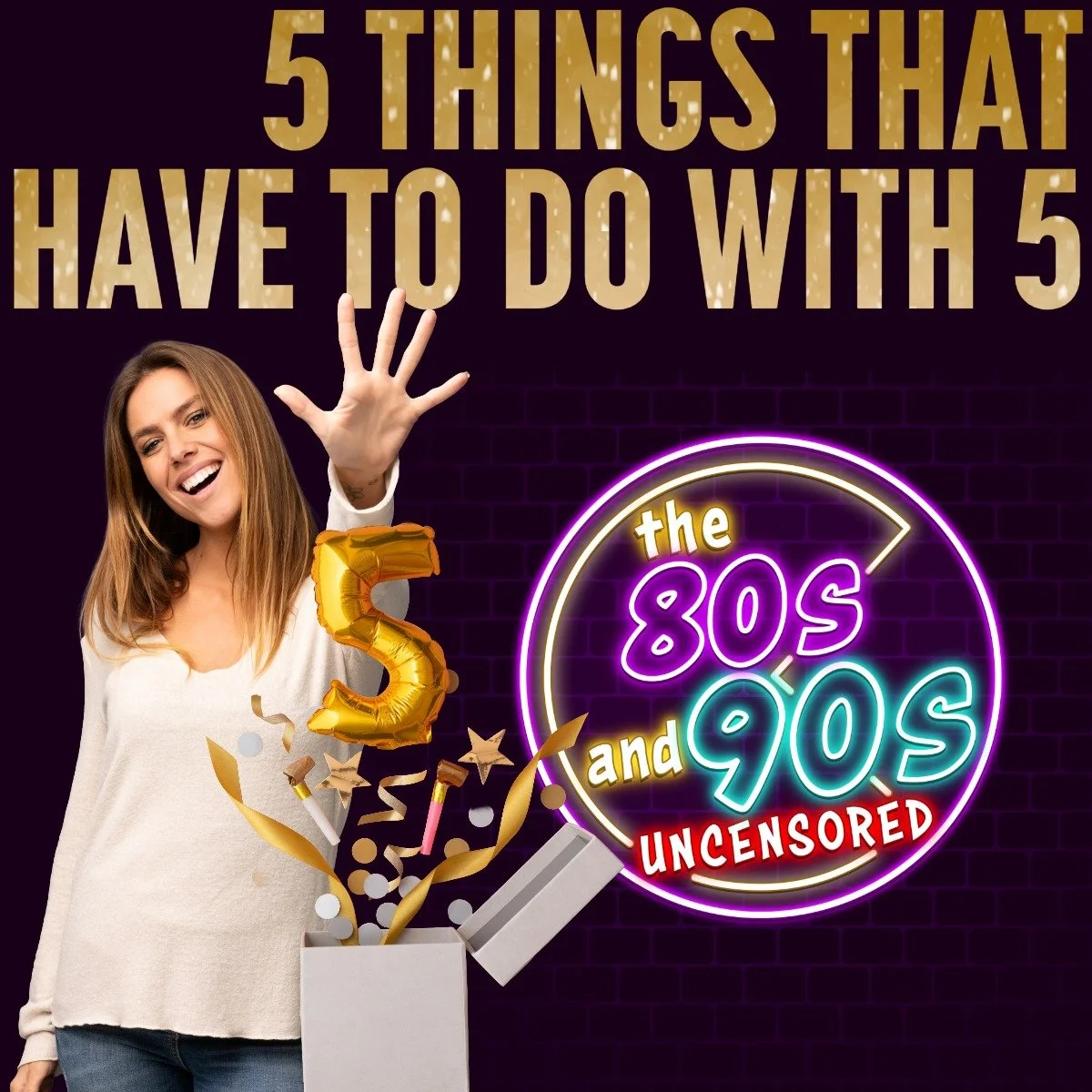
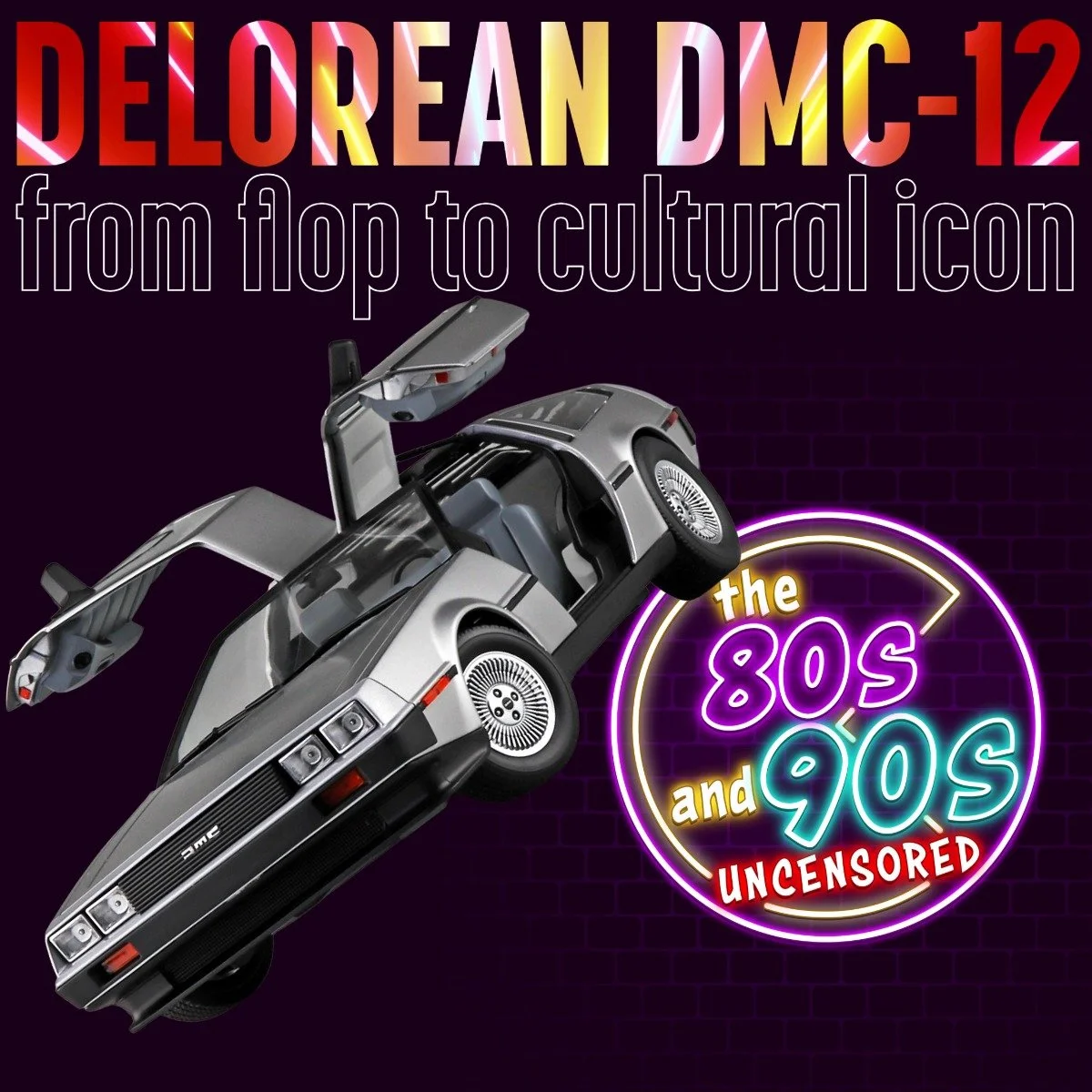
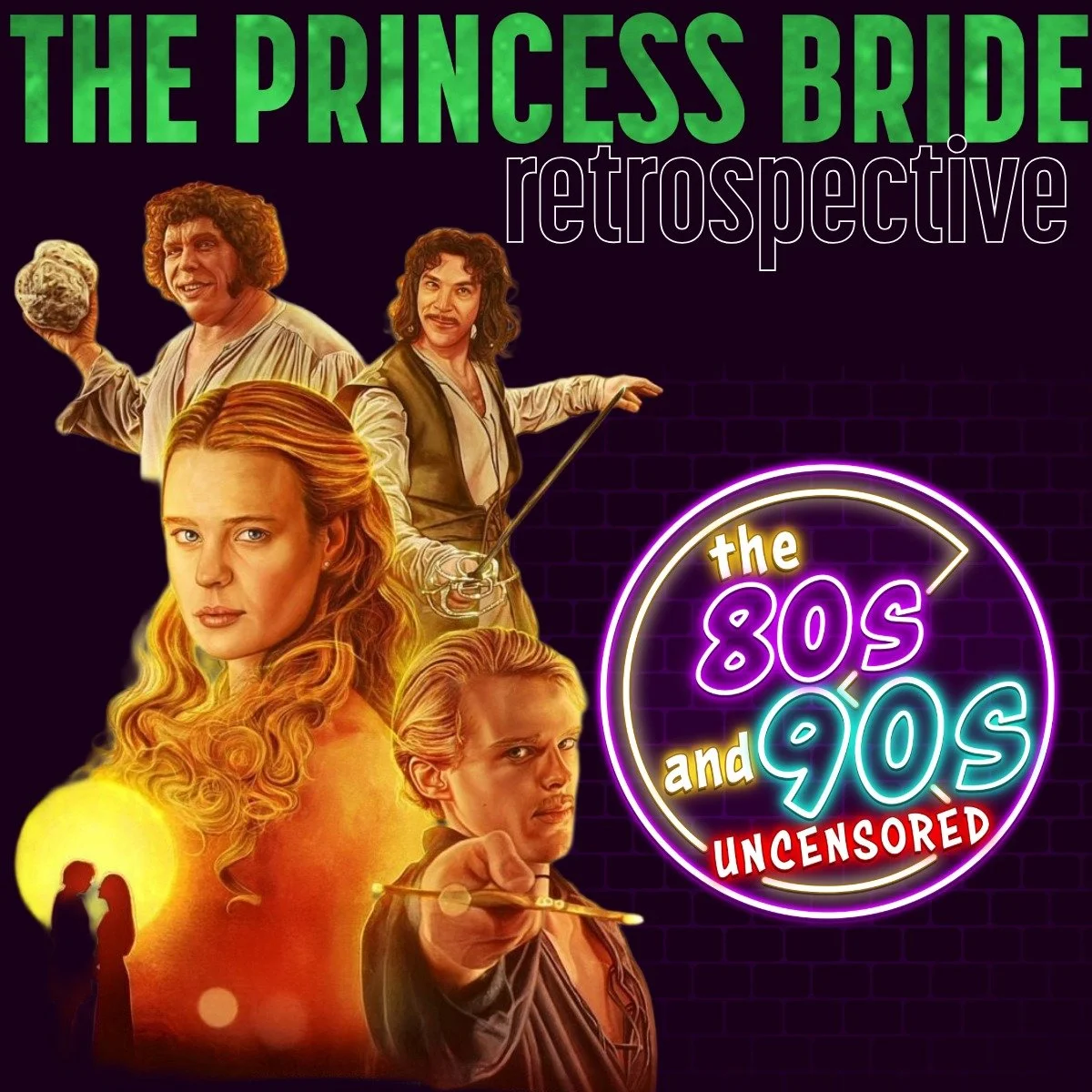

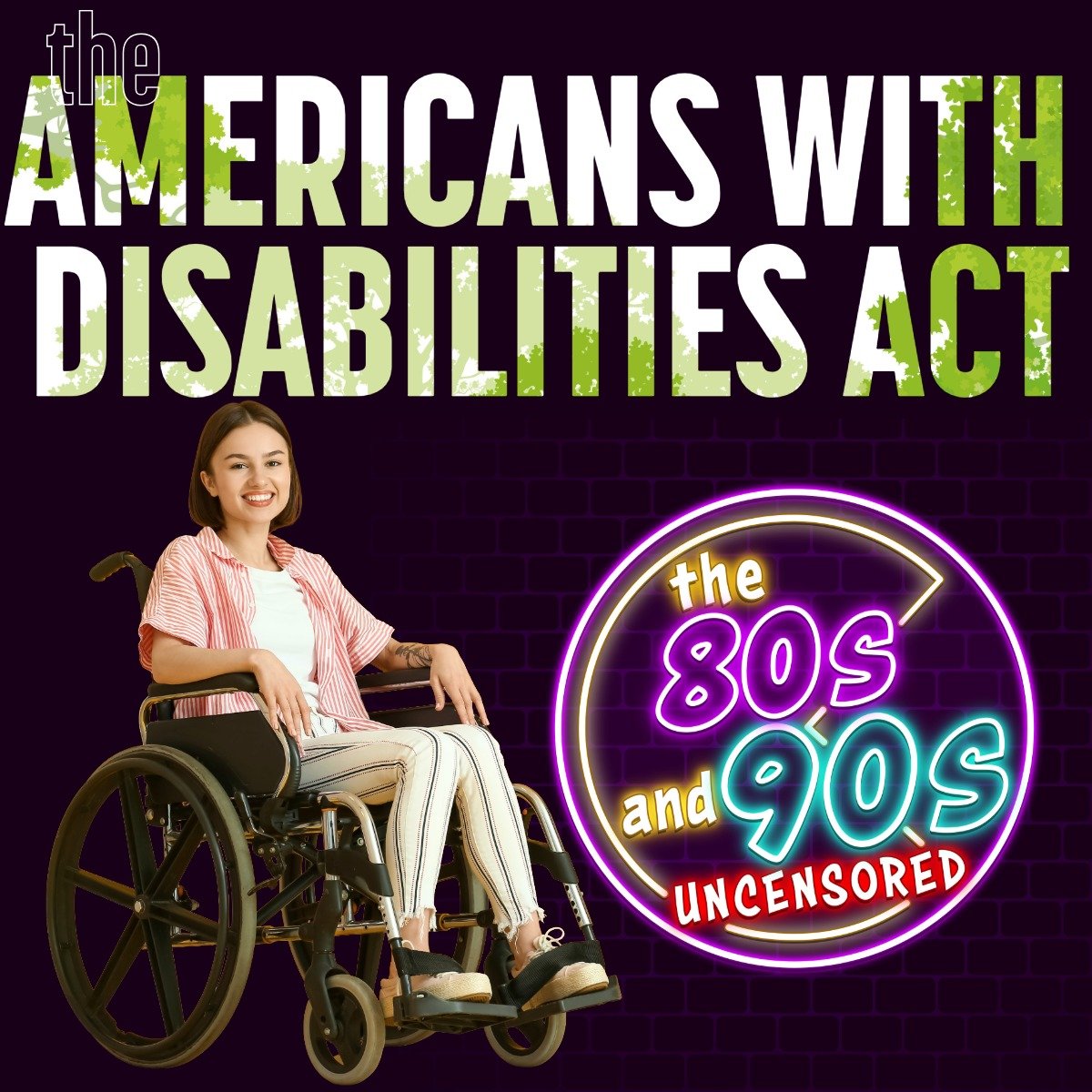
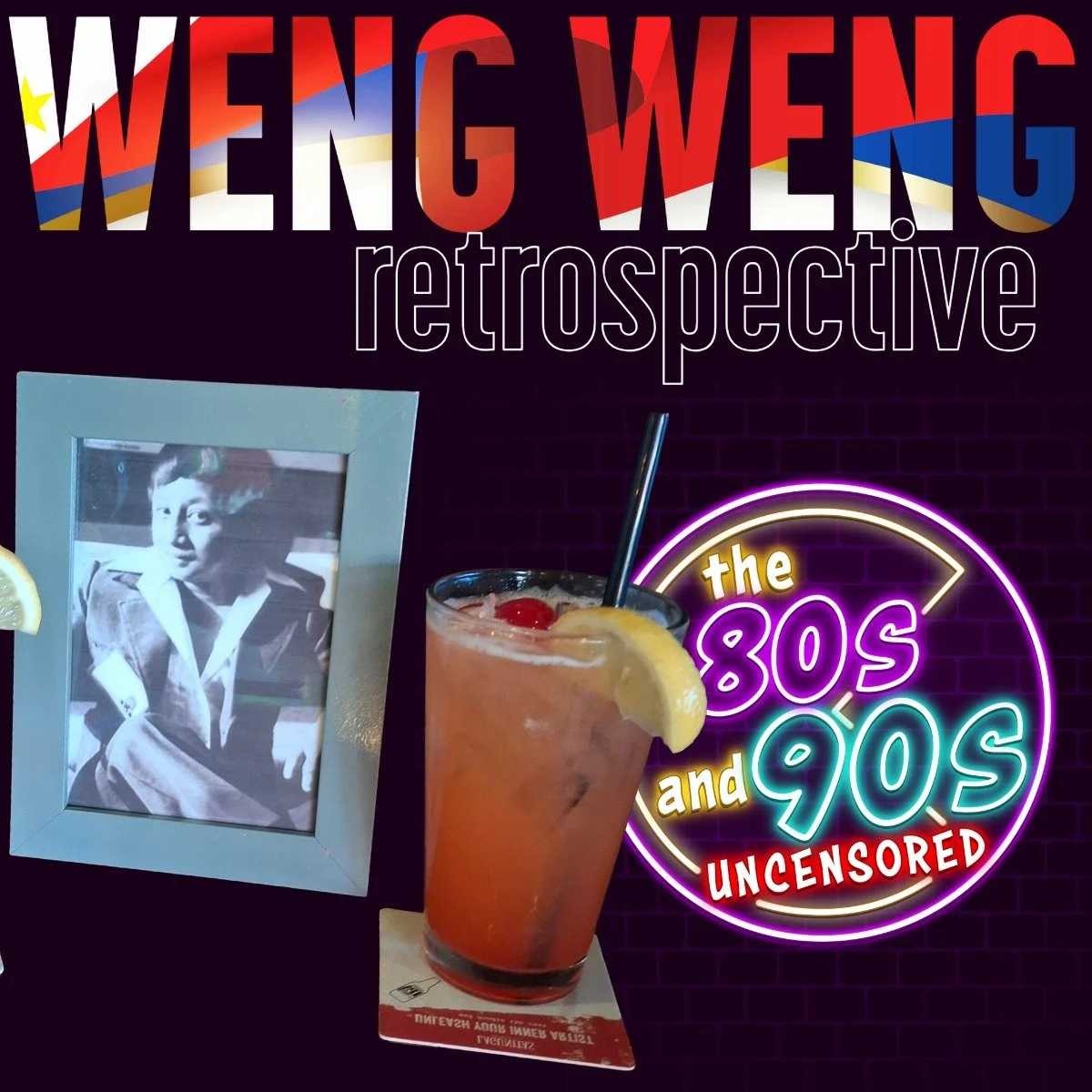

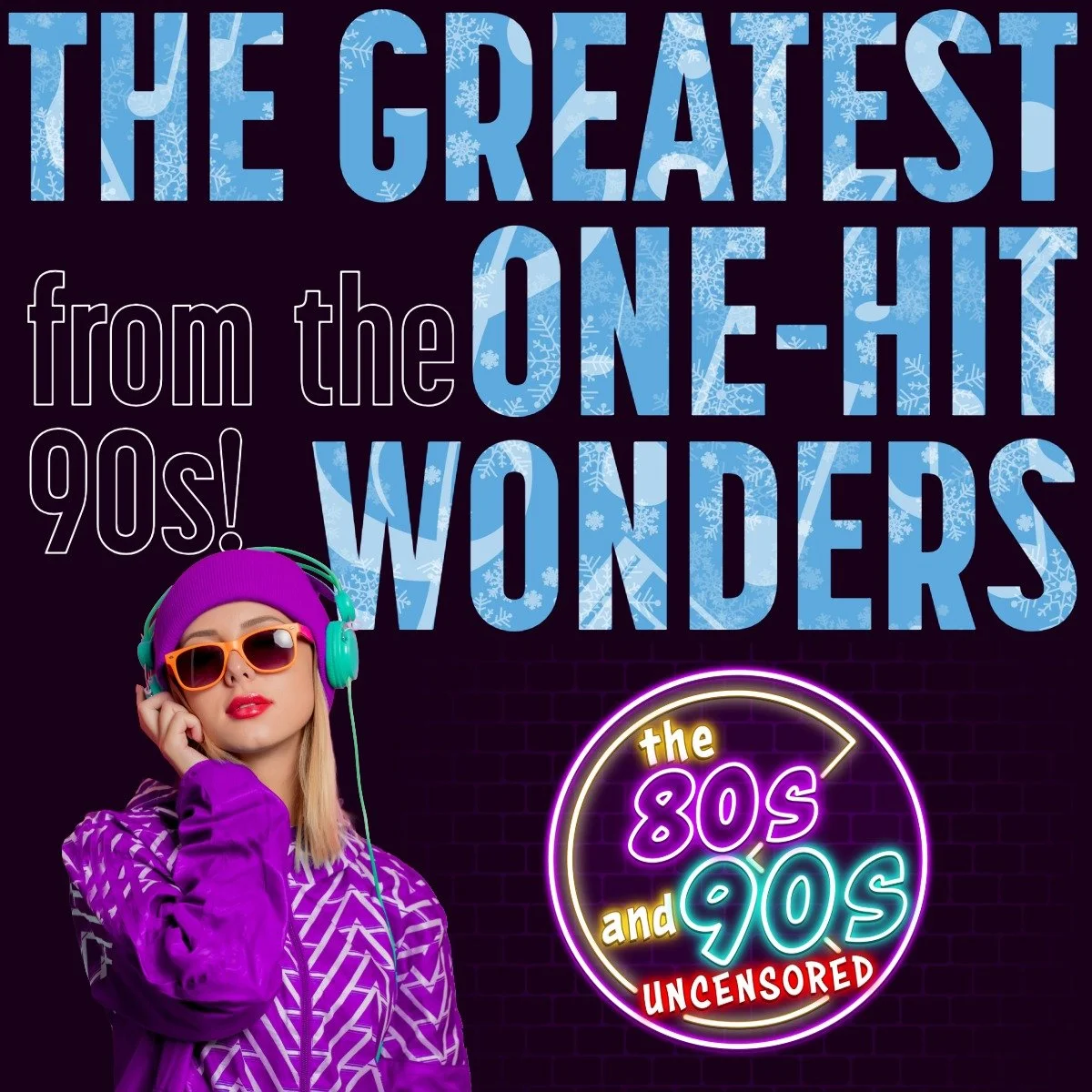
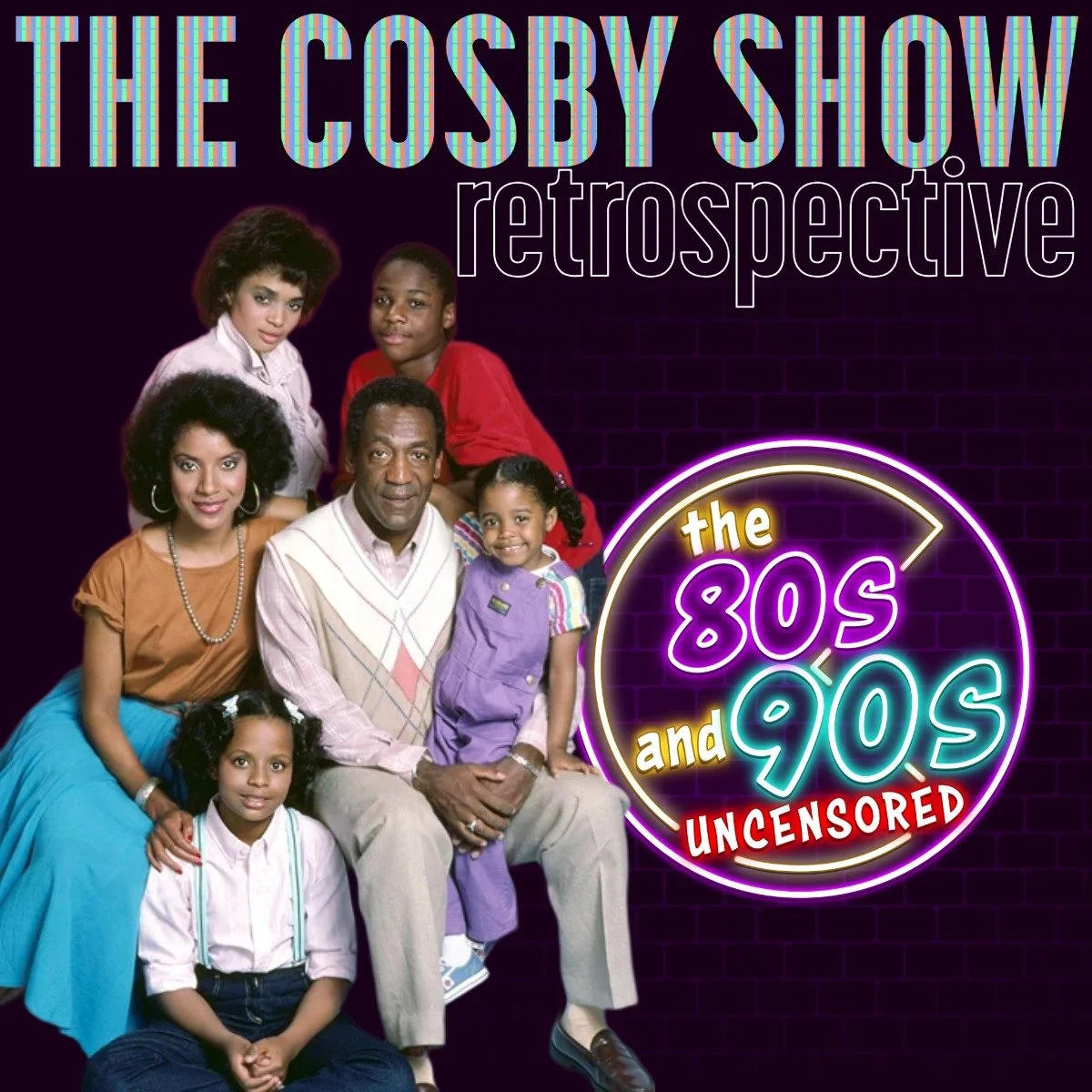
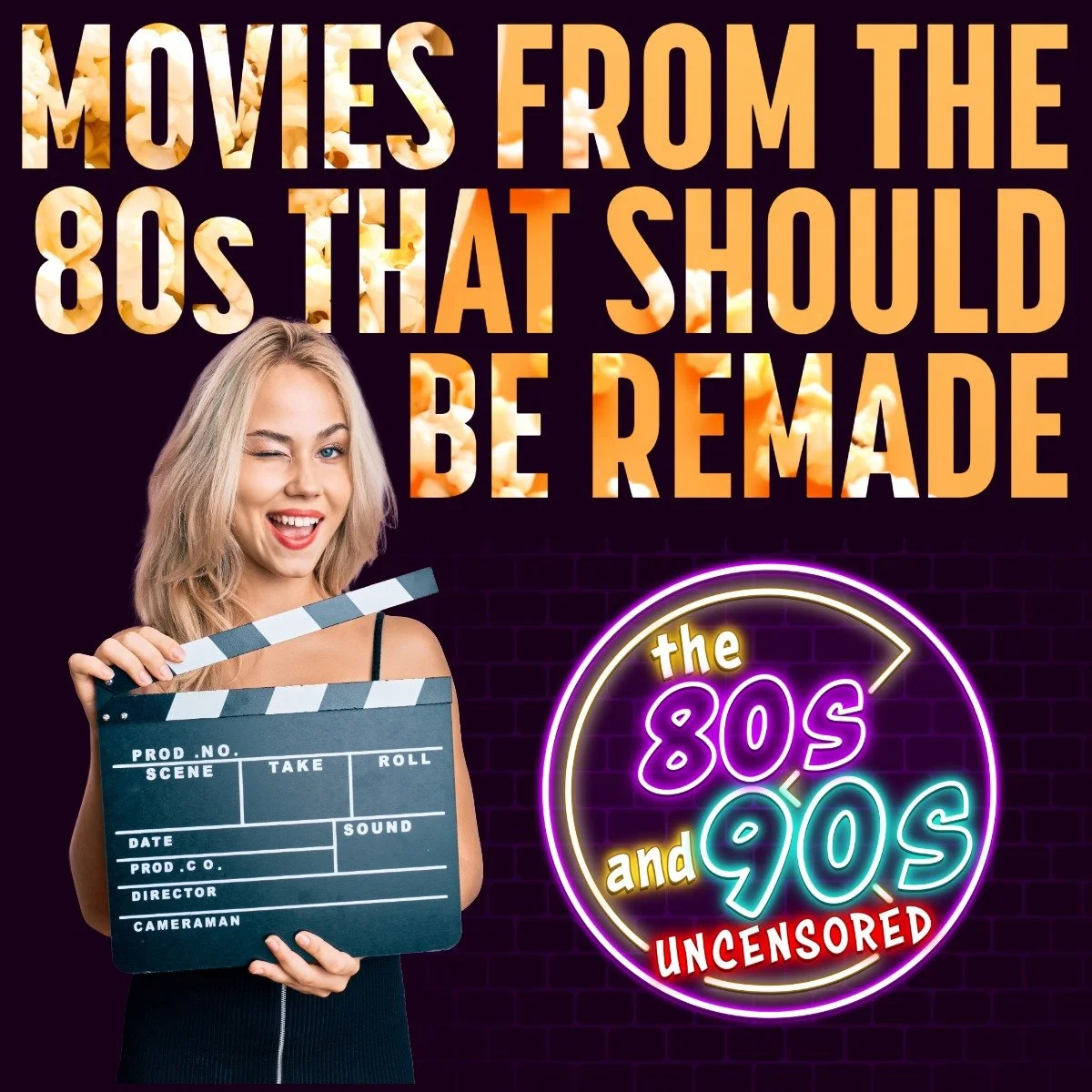
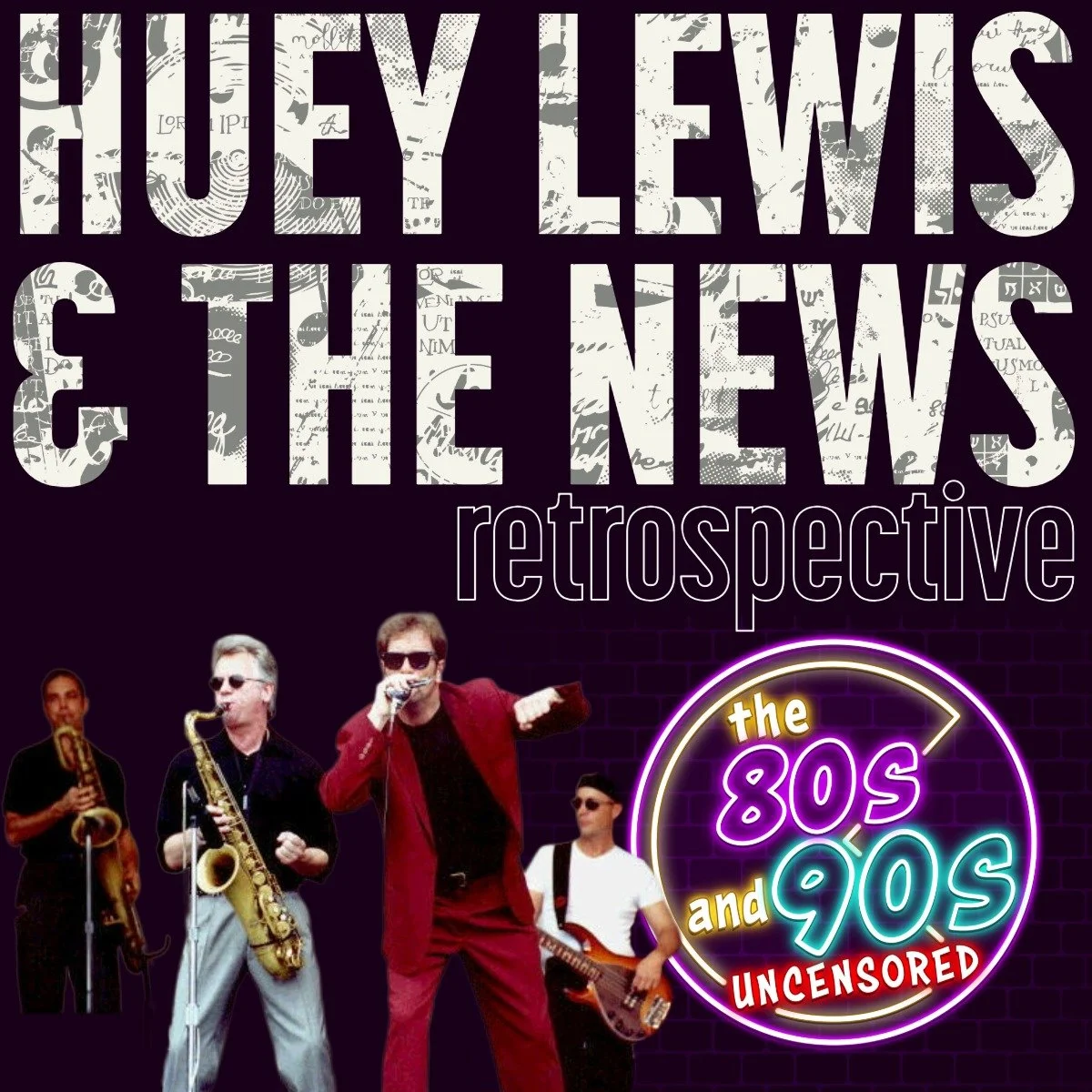
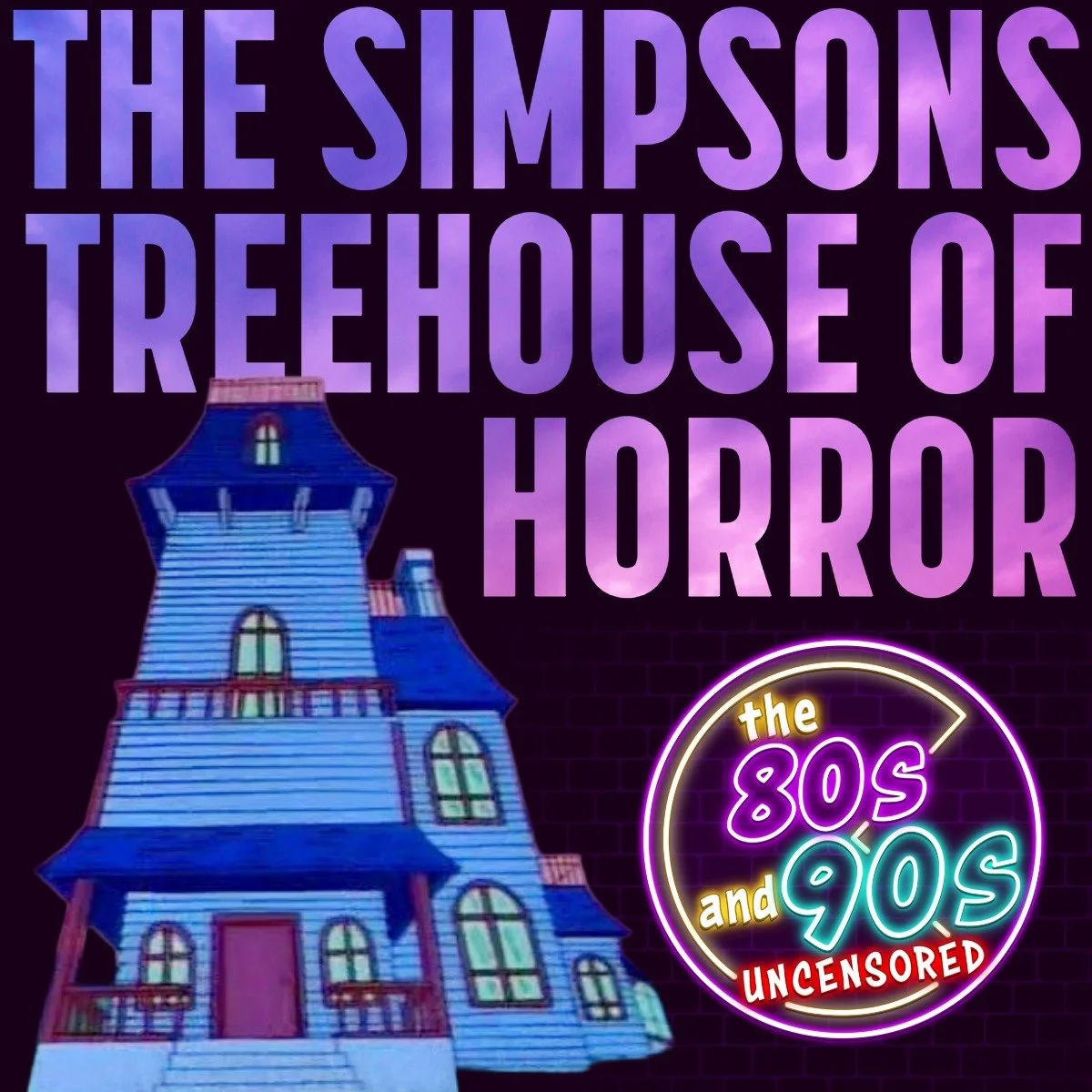

We remember what it was like to learn with Schoolhouse Rock! Between 1973 and 1985, Schoolhouse Rock! taught kids math, grammar, and how the government is supposed to work.